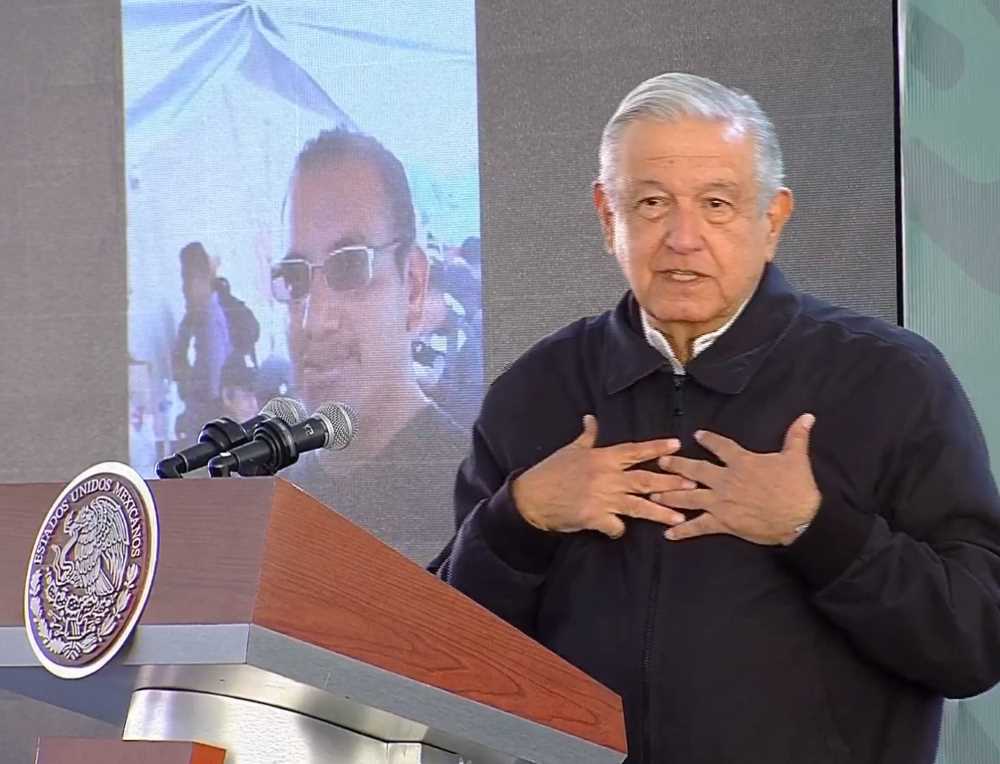A Recap of President López Obrador's Morning Address
In President López Obrador's Morning Conference, women's rights take center stage as he reaffirms support and unveils initiatives. Amidst calls for peaceful protest and justice for Ayotzinapa, diplomatic tensions over Canadian visas underscore Mexico's quest for progress and equality.

In the picturesque setting of Morelia, Michoacán, the morning sun bathes the historic city in a golden hue, signaling the beginning of another day. But for President Andrés Manuel López Obrador, this morning holds a significance beyond the ordinary. It's a morning charged with purpose, as he addresses a pressing issue that resonates not just within Mexico's borders but reverberates across the globe – the rights and protection of women.
As President López Obrador stands before a gathering of officials, activists, and citizens, the weight of his words carries the hopes and aspirations of millions. With a tone that blends determination and empathy, he reaffirms his unwavering support for women, acknowledging their indispensable role in society and the urgent need to address the pervasive challenges they face.




